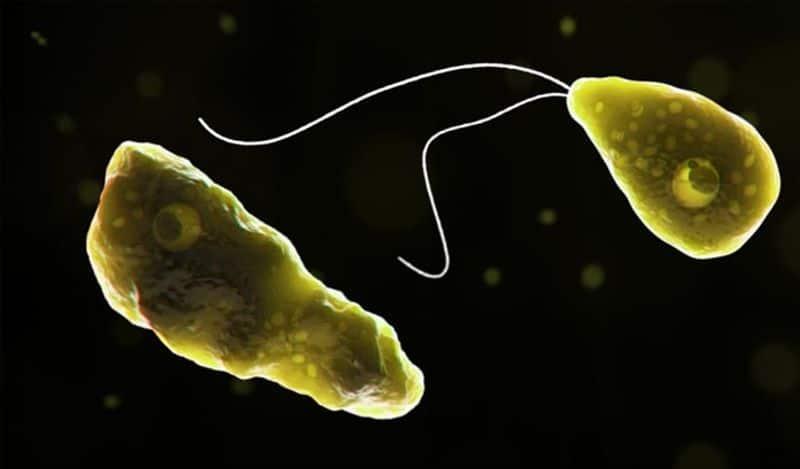
Kerala: Five-Year-Old Girl Infected With Amoebic Meningoencephalitis In Malappuram; Know About Brain Infection
The girl, a native of Malappuram remains on a ventilator in the intensive care unit of the medical college.
The source of the amoeba's entry into the child's body was traced back to her bathing in the Kadalundi River. This incident is particularly rare in Kerala, with only a handful of cases of amoebic mastitis reported previously. Unfortunately, Kerala lacks the necessary medication for treating this condition. Currently, four other children with similar symptoms have also been admitted to the medical college.
What is Amoebic meningoencephalitis?
The disease is caused by a particular type of amoeba called Naegleria fowleri, which is commonly found in rivers, lakes, and hot springs. It's suspected that the girl became infected after bathing in a nearby river. Experts explain that if this amoeba enters the body through the nose while swimming, it can migrate to the brain and cause damage to brain tissues. This can result in symptoms such as fever, vomiting, stiff neck, headache, hallucinations, and seizures. Sadly, the infection is typically fatal, with only a few reported cases of survival.
Naegleria fowleri, commonly referred to as the "brain-eating amoeba," is a global presence. In the United States, most infections have been reported in southern states, where individuals have been exposed to warm, freshwater bodies such as lakes and rivers during the summer months. This amoeba can also thrive in hot springs, warm water from industrial sources, inadequately maintained swimming pools with low or no chlorination, and soil. Remarkably, it can even survive in water heaters at temperatures reaching up to 115°F (46°C) and endure briefly at higher temperatures. Notably, Naegleria fowleri does not survive in saltwater environments.
Legal Disclaimer:
MENAFN provides the
information “as is” without warranty of any kind. We do not accept
any responsibility or liability for the accuracy, content, images,
videos, licenses, completeness, legality, or reliability of the information
contained in this article. If you have any complaints or copyright
issues related to this article, kindly contact the provider above.
















Comments
No comment